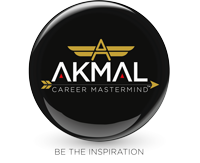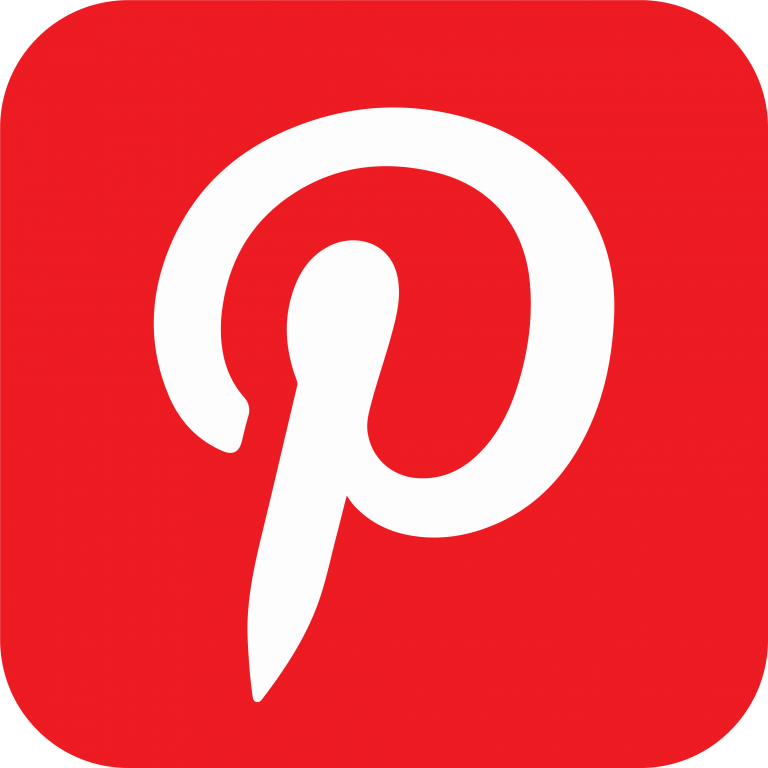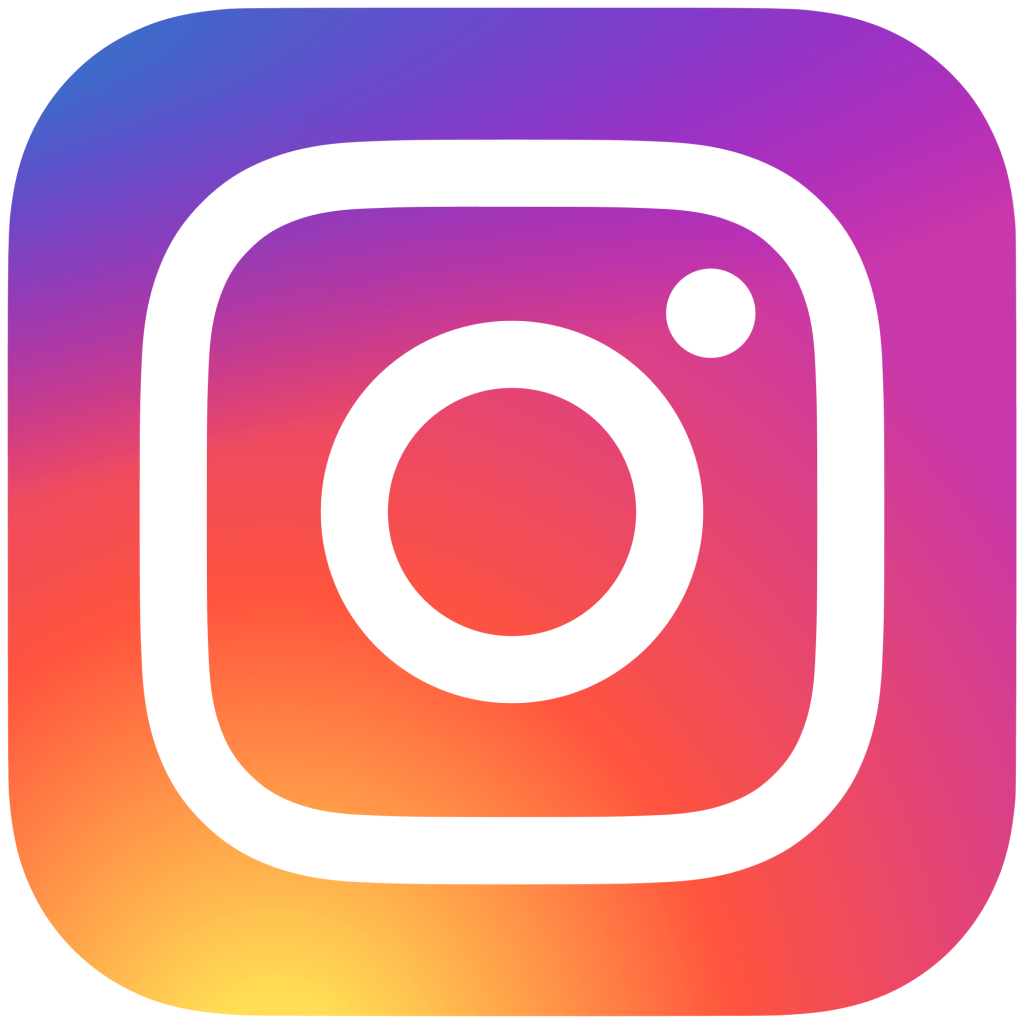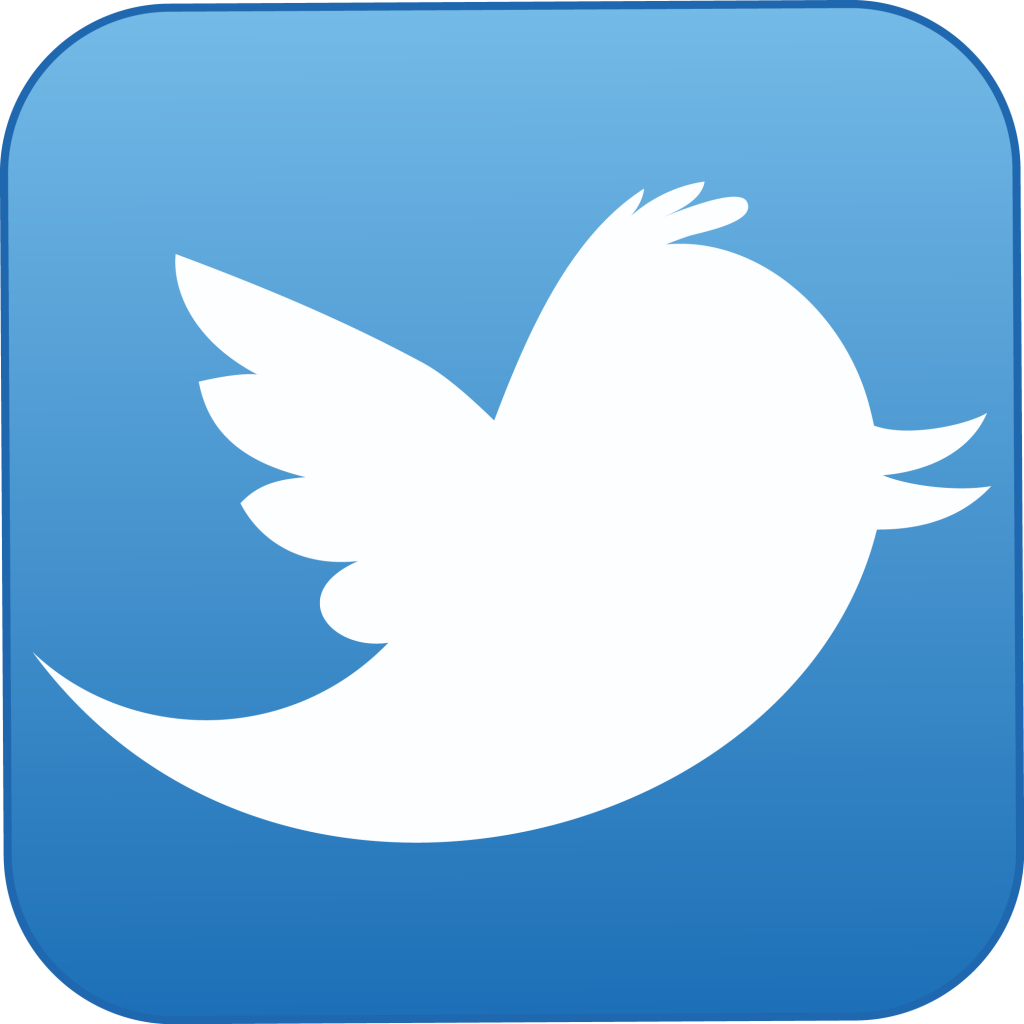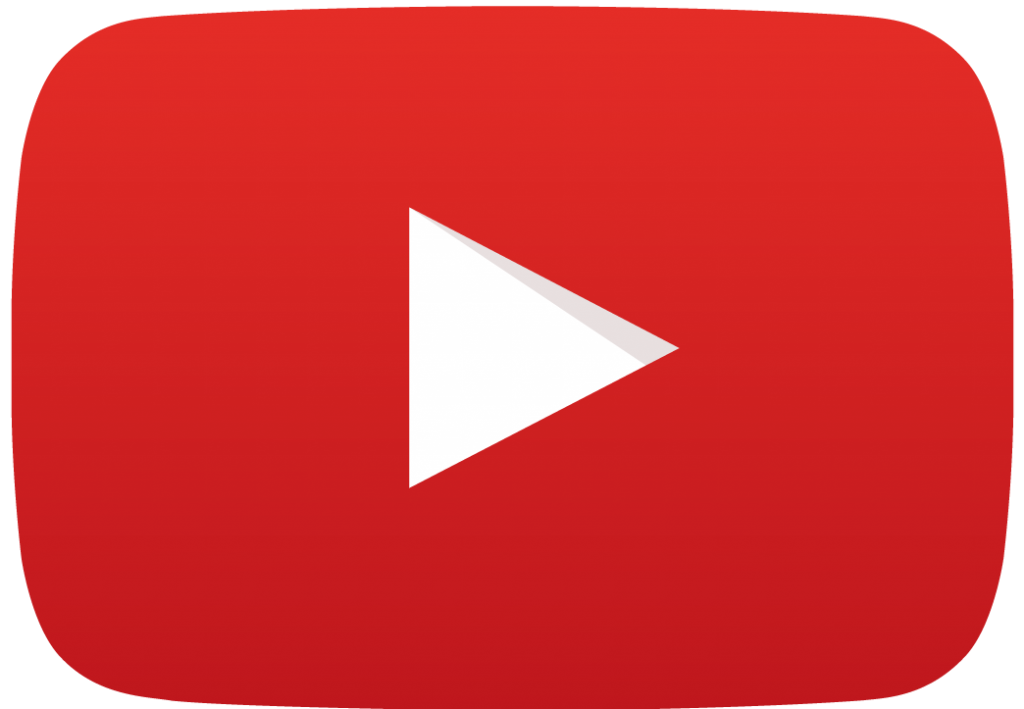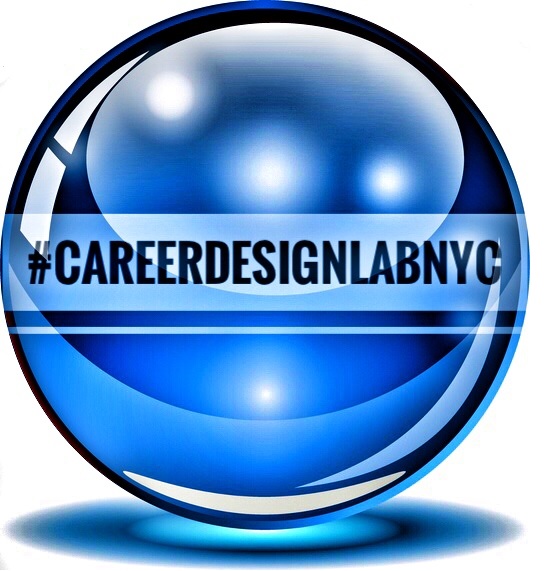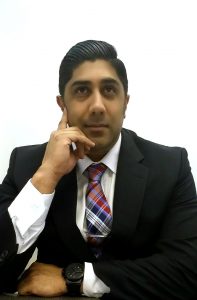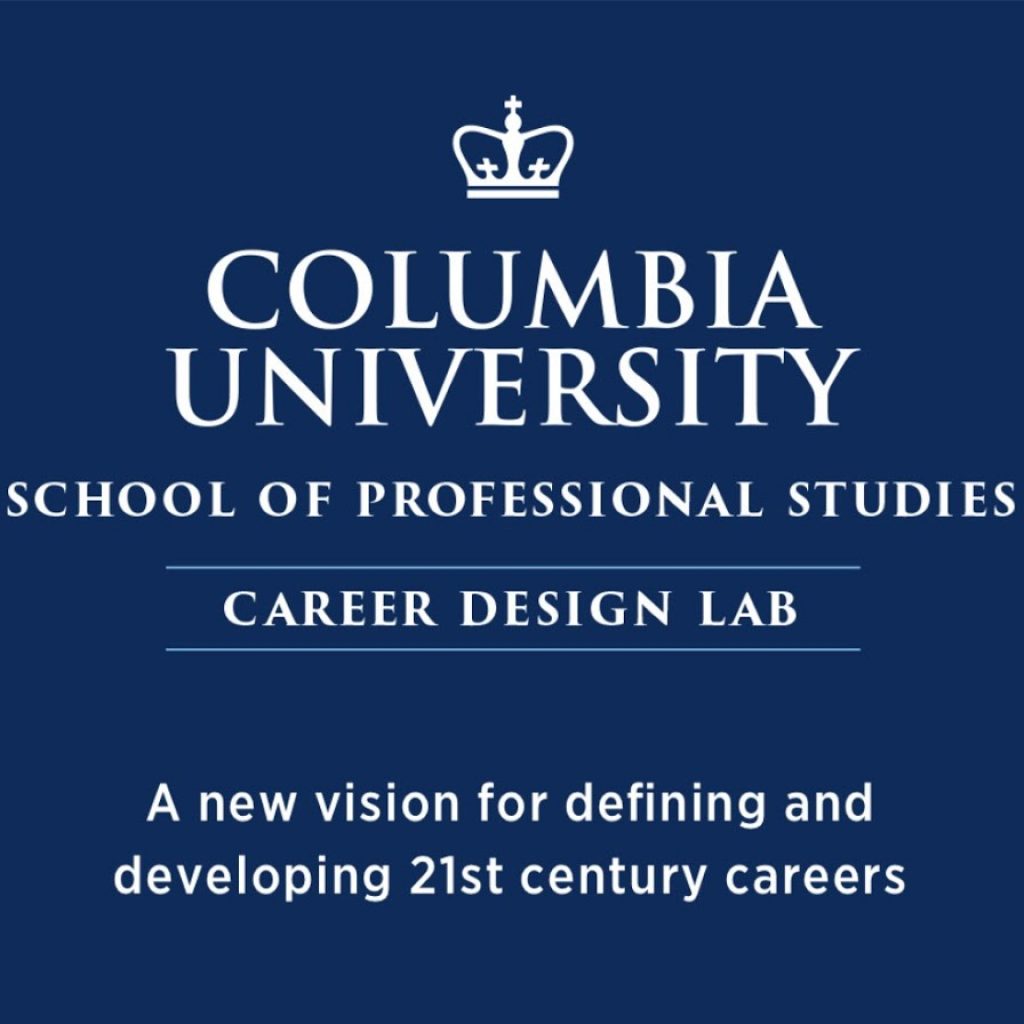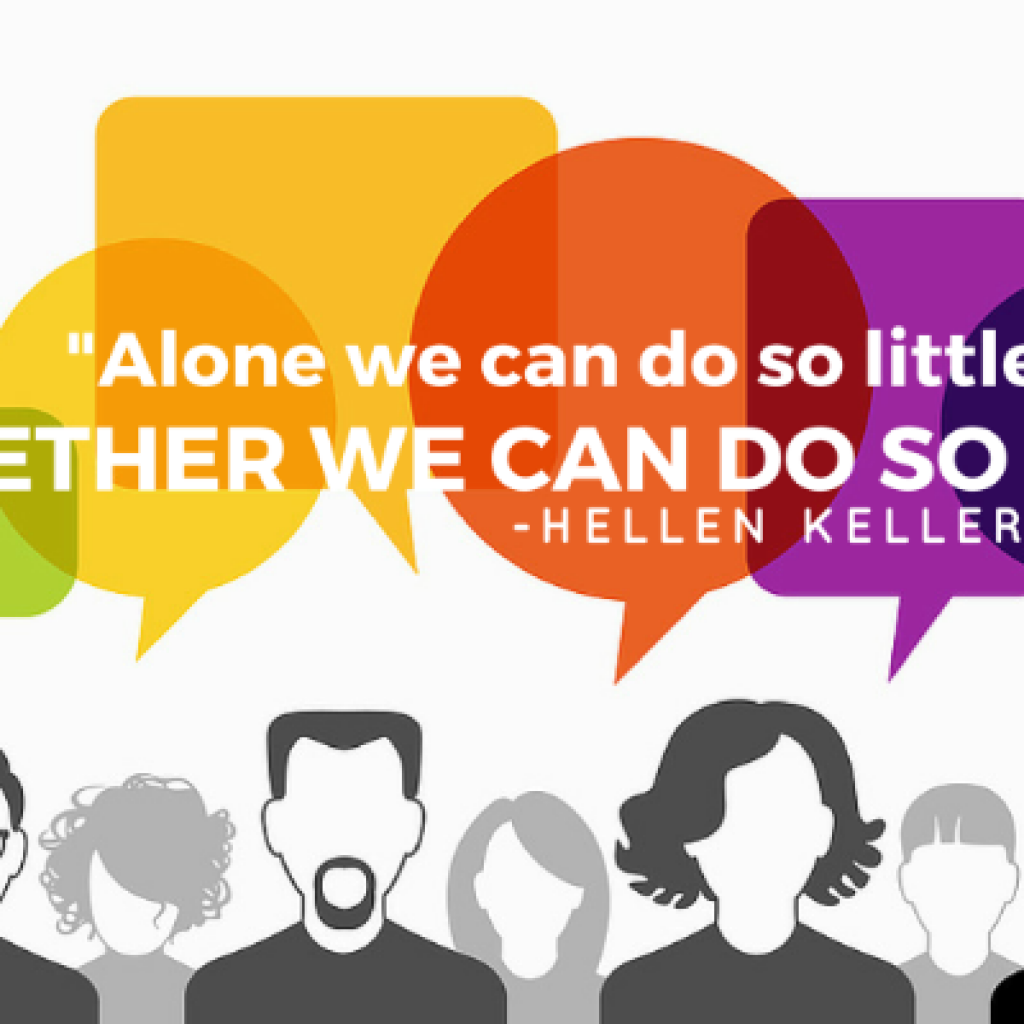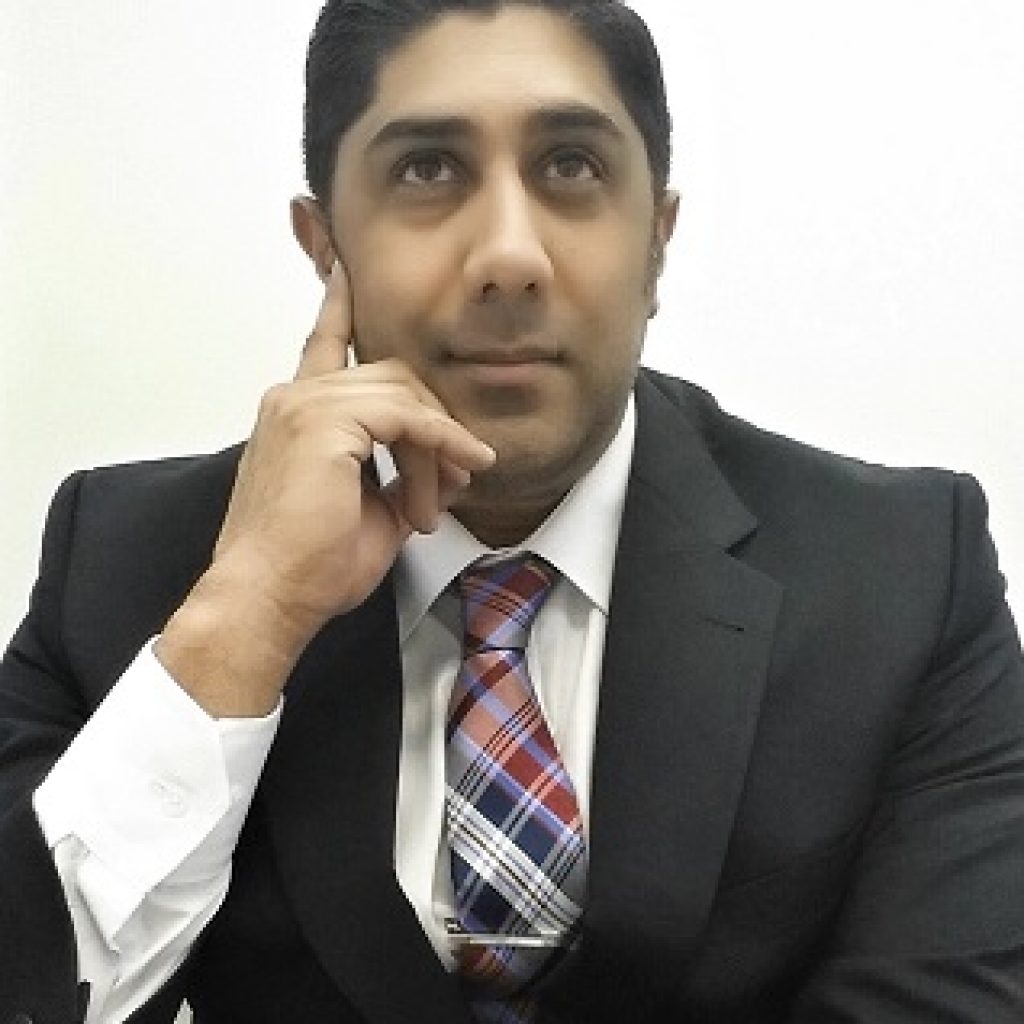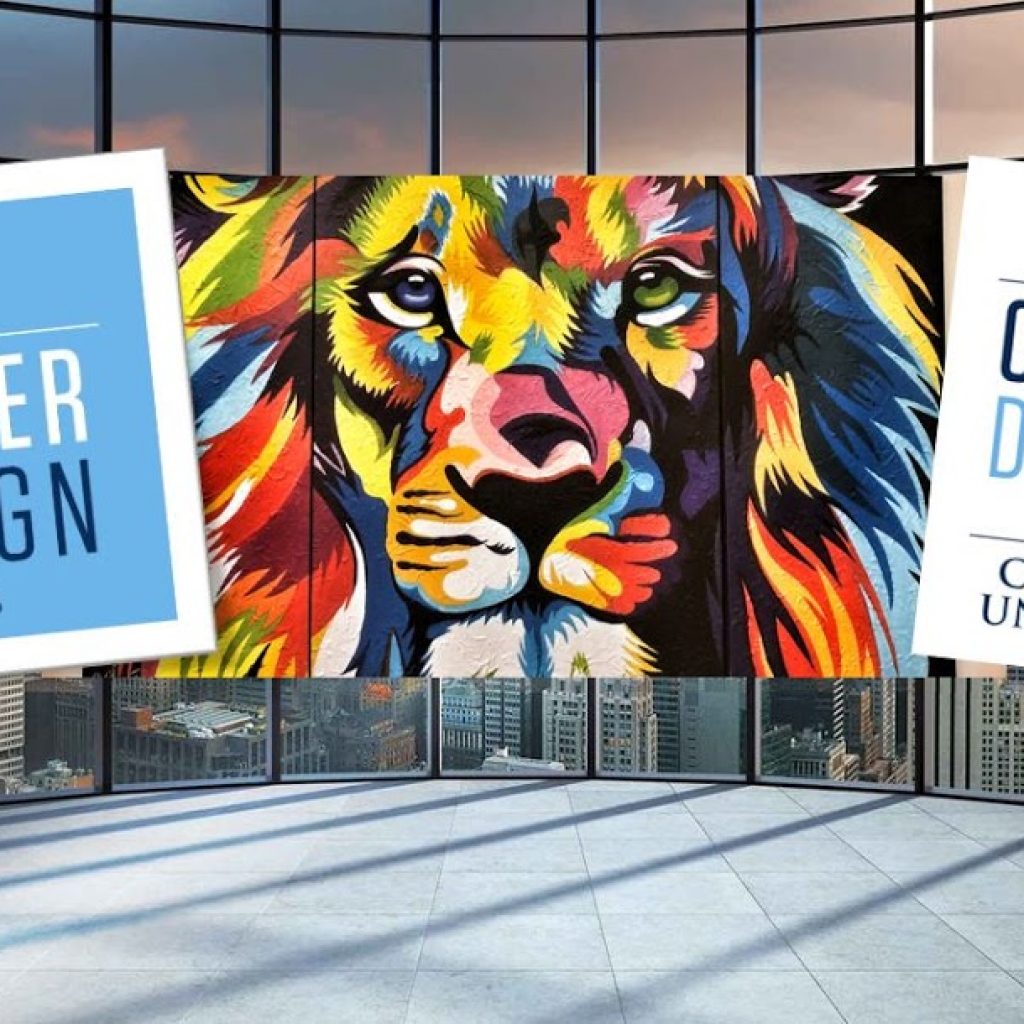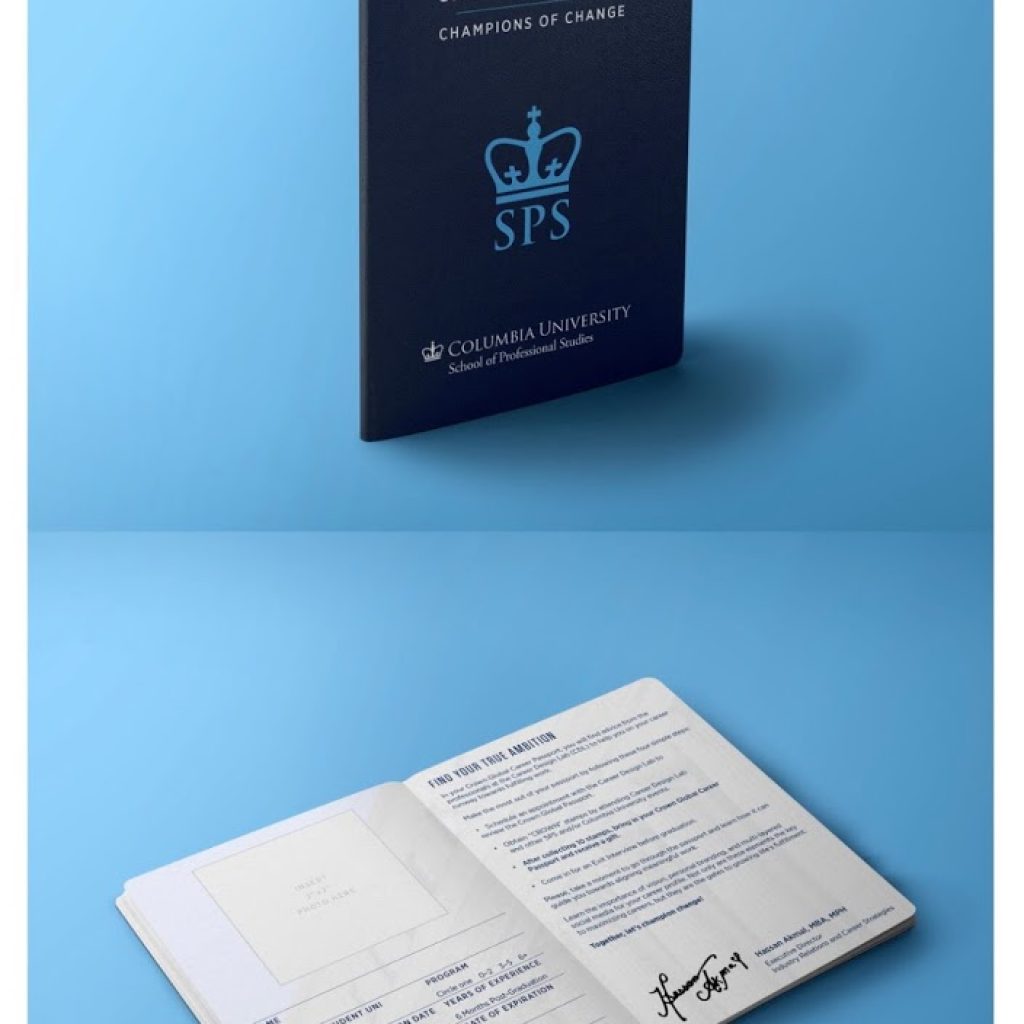What does it take to be a state-of-the-art career center in the 21st Century?
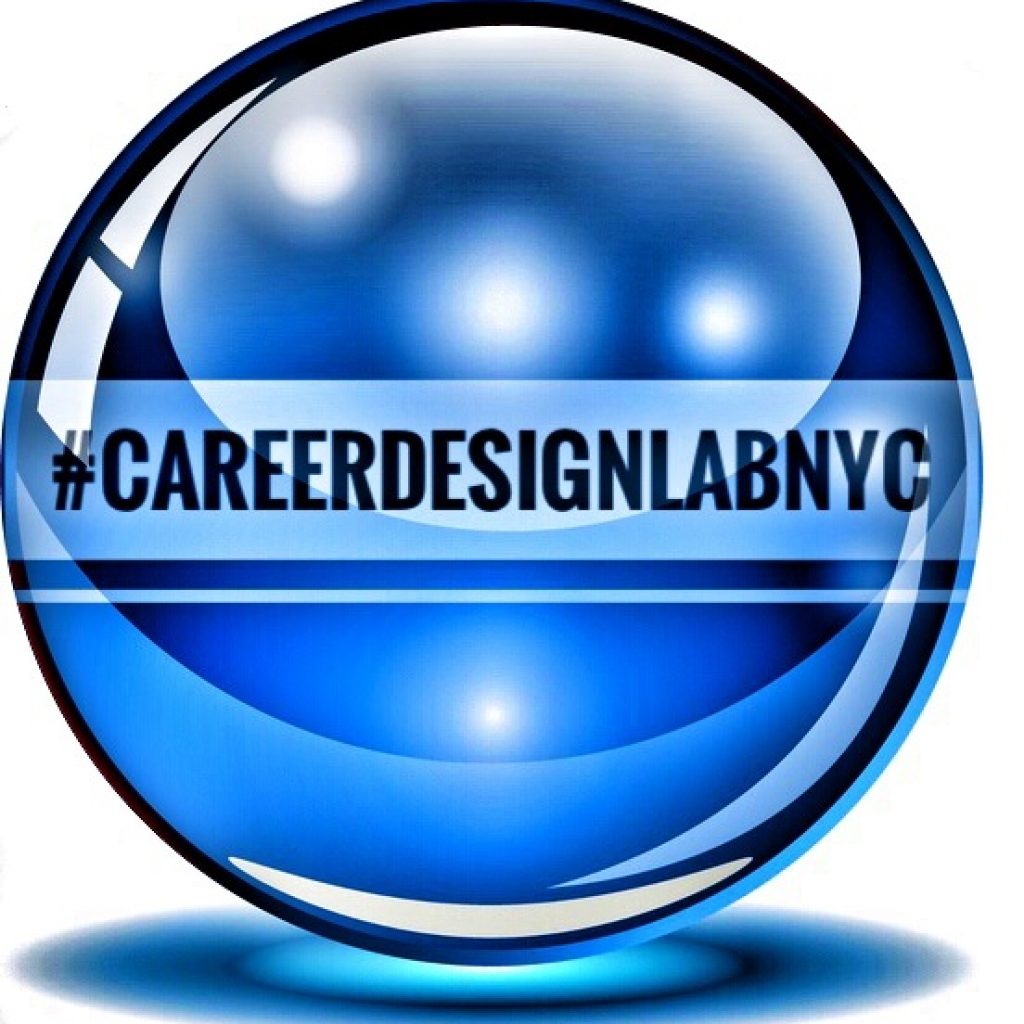
When I was first hired by a President of a university, he told me that he was once a Director of Career Services. I was in awe. I remember him specifically stating that career services professionals can go anywhere with their career trajectories. He meant that literally and that inspired me. He later offered to serve as an ongoing mentor. What a blessing! I wanted to be his protégé. I took full advantage of it, met with him regularly and even included him in my 360 degree assessment, a tool that included direct feedback from my subordinates, peers (colleagues), and supervisor(s), as well as a self-evaluation.
It wasn’t until a couple years that my career services mentor told me the real reason he hired me. He said it was my audacious drive to be a visionary in the field which overshadowed my background in health and finance. As he put it, “my commitment to excellence” was something that made me different and that he respected me for it. What I didn’t realize at the time was that there was a lesson to be learned, and that was “understanding yourself”. This was the first step in career development, a tip I would be sharing with others for the rest of my career. Without understanding yourself, it’s difficult to collaborate with others.
Having had a number of strong mentors over the years at both public and private Ivy League universities, I have learned that the biggest mistake we have made in our own careers was to try to do it all by ourselves. I was isolated originally with all the challenges of strong career outcomes in front of me. I felt the pressure of the competition in higher education. Then I began expand my circle. Collaboration is huge in the field of career development. What I hadn’t realized is just how huge it was, as it’s the art of collaborative leadership that really is the central driving force for the future of the career services model. When it came to the future of work, why didn’t we start talking to each other earlier?
Well, once upon a time, career services professionals were afraid to talk to each other. This has continued to evolve with conferences such as the National Association of Colleges and Employers (NACE) and the National Career Development Association (NCDA), among others, but those two specifically have served me well. Perhaps it was the competitive side of the industry that held career development facilitators back from reaching out proactively?
I know, for example personally, that I didn’t want to share all of my secrets to impressive career outcomes tool entitled “Track-> Forward, Building Forward Momentum”. Why? Well, it was working and we were competing against each other first of all. However, later I learned that you want to share as much as you can, and you will still get your return on investment.Mentoring many other directors of career services helped me get promoted and noticed. Not only that, but they took many of our models on a regional level, and scaled them on a national level. If they like what they see, they come back for more, right?
Second, I was still learning the value of networking. What I didn’t realize is that I was depriving myself of valuable information and that my journey to “revolutionize” the field would be largely shaped by the product of my shared experiences with other leaders. In other words, collaboration would help me grow into senior career management as a professional.
One of the ways my career grew was largely due to my new approach. The heart of my approach refocused towards being all about building connections. In fact, I began an independent consulting agency, Career Strategies that has grown significantly over time. Many career services professionals of varying levels of experience contacted me periodically to share best practices. As aspiring career thought leaders, we need pick each other’s brains or re-think innovative angles we are utilizing. Fortunately, we have built a career development community nationally, after all, that’s what it comes down to when it comes to the student or career seeker—a career network of resources and connections.
My vision is to take this concept of masterminds and build a student career mastermind community and make it more diverse and global. A “mastermind” is really just a fancy word for a group of people who get together and talk business. They can have different goals or similar goals. The experience varies by a specific number of years, some with more experience, some with less. They help each other brainstorm, solve problems, come up with new products, and deal with difficult challenges. They pick each others’ brains. Masterminds can be as formal and structured or as casual and loose as the group prefers, but in general, most groups involve each person discussing a problem they’re having, and the other members chiming in with ideas to help. They also hold each other accountable, which is the major theme.

Moreover, connecting with new people has been “fun” and each experience with each client is unique. It has taught me that career coaching is very much about the individual and with each case being new, the approach should also be new, tailored for their success. Every individual is different, with different challenges, and different ideas of success. They all matter.
The model of career services is ever changing. Some argue that in 10 years we won’t need live career services personnel—that it will all be virtual advising, automated and function via online media/platforms that provide all of the information related to career coaching. I disagree, as the majority of votes are arguably towards an integrated model. I’ve learned that resourceful and informed connectors are the catalysts for change. Not only that, but our student career mastermind group model is taking off. We are now rolling out program specific masterminds, a mentorship mastermind group facilitated by CDL staff and mentorship guru—Mark Carter, Founder of One80, and have even restructured our meetings with respective formats. For example, masterminds on industry relations, career education, career development, and even, digital transformation.
Why a model like that important, one may ask? The answer is simple. Employability is larger than a career services department. In fact, we need to move away from a traditional approach of asking a student what is his/her passion. Why? Well, in the old model, if they don’t know, we ask them to come back when they do! That could take a long time and that’s not what we want. It doesn’t really help either of us. Outside of our very own walls, is a vibrant campus community— a success culture including a plethora of alumni that beg participation. They are in fact, pivotal to the success of career centers. They help bridge the gap.
Moreover, in an effort to capitalize on all resources that are readily available, you have faculty, employers, families, and surrounding communities. In fact, within our local community, we have the ability to link to an entire university career services network—partnerships with Career Centers across the university. In fact, we are hosting the next Columbia University-wide career services retreat and Future of Career Services Symposium in February 2019.
Remove the walls and open the doors to your resources. We did exactly this, by also inviting the National Association of Colleges and Employers (NACE) community to our Career Design Lab. That’s right, we are hosting the next Face2Face event. We will be welcoming career and industry leaders from across the country— examining trends and predictions for recruiting. We will spend a half-day with college recruiting and career services colleagues from all over the US to discuss what’s happening, what’s coming, and what we can do about it. NACE executive leadership will share trend data and insights to spur discussion, while we present on best practices in career services during lunch. Save the date: November 2, 2018.
Many directors of career services in many different kinds of universities contact me and ask me, “Hassan, how did you do it? And how did you do it so quickly?” They speak to me as if I have made history as a revolutionary or trail blazer. I explain to them that as they explore their current career services model, it will be become clear that they need a new identity. Yes, career centers need buzz worthiness. This identity is important as you need to re-think your role as a team using a wider lens. You are the litmus test for many students (jobs, jobs, jobs), not an office building. You are their hope, their life coach, and in many cases, the only one who believes in them (sometimes more than they do in themselves).
You also need happy employees. What is success for your team and what inspires them? After all, if people are happy, they perform better. I remember joking with other directors that a future metric to track within career outcomes will soon be “happily employed”. Well, meaningful work is trending, right? So we need to define meaningful as well as happy. I read an article entitled “Creating Sustainable Performance” in the Jan-Feb 2012 issue of the Harvard Business Review that stated:
“But in our research into what makes for a consistently high-performing workforce, we’ve found good reason to care: Happy employees produce more than unhappy ones over the long term.” Full Article
Thus, what is it going to take to motivate your team? These are questions that each director must ask. What else will it take to be a state-of-the-art career center? Here are my top ten:
- Collaboration with career-thought leaders.
- You need a strong mission, shared vision and purpose.
- You need the right people on your team. Passion and compassion are required; a feeling of ownership and empowerment—in other words, a sense of belonging for each team member.
- Branding statement. Just like managing your own identity and brand, your career center is a brand.
- Re-conceptualization of your career services model from concept to delivery.
- Career outcomes focus that builds a success culture that’s visible and sustainable.
- Robust strategic plan that is scalable and measurable, and that also leverages the latest technology/resources.
- High performance operations that reflect synergy. A process manual that is a living document that invites process improvements systematically is a plus; strength and autonomy, shared responsibility, and the ability to be creative, take risks, and introduce novel concepts.
- Tailored and innovative programs geared towards career readiness programming and results that make a lasting difference; treat each student as not a student, but an individual with a different position than the previous or next.
- Global or world view; aligning the right resources to help students pursue their passion and interests no matter where they are.
Finally, you need accountability. There is no point in launching a monthly student career masterminding mentorship program that doesn’t follow the rules—you must manage or facilitate the process to some degree. Our Career Design Lab is in every student career mastermind session and we allow them to use our creative space. The factors that make a strong mentorship program are plentiful and the overall program shouldn’t be a substitute for another—rather a strong supplement to what’s already in place. We also have one on one mentoring. It shouldn’t be that one day a student wakes up with a sense of urgency to find a just-in-time mentor that has their exact dream job that is going to solve all of his/her problems.
If there is one thing I have learned rising in the ranks as a director to my current position as an executive directors, is—sometimes it’s about people in different walks of life who will get you out of your comfort zone, and who will make the strongest mentors. Individuals in very senior positions enjoy developing talent and will have keen interests in such a program. But they don’t always have to be that senior. Sometimes it’s someone who has recently gone through similar experiences or who has other wisdom that’s applicable in your situation. Again, this comes back to connecting to people and meaningful conversations.
Also, that to rise to the top, you make many sacrifices. It’s lonely at the top, you need a team. Without my teams over the years, I would have never taken the right turns.
So, is the future of mentoring in higher education student career mastermind groups? Well, it is for Columbia University.
Since the recent paradigm shift in the field of career development—I am now in the business of “people”.
Helping others create or tell stories is what I do best. Collaborating to help them build their dreams and witness their impact is my passion.
What’s yours?
